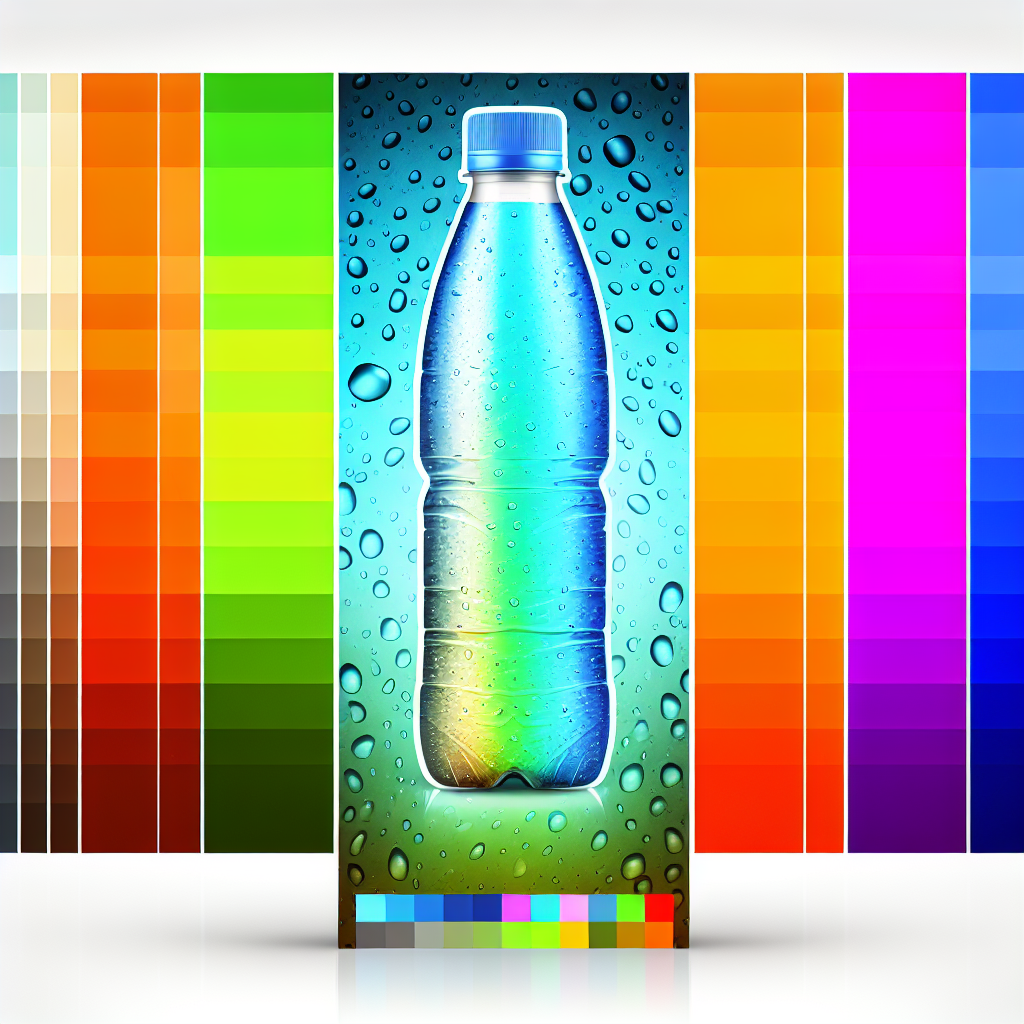Vitamin water has become a go-to choice for those who enjoy flavored drinks with added health benefits. Packed with vitamins, minerals, and electrolytes, it promises hydration with a nutritional boost. But is it truly the best option for your wellness goals, or is it just clever marketing? Let’s explore the facts, the flavors, and how to pick the healthiest choices. Plus, we’ll share a simple recipe for DIY vitamin water to elevate your hydration game!
What Is Vitamin Water?
At its core, vitamin water is water mixed with vitamins, minerals, and typically a blend of natural or artificial flavors. It offers a flavorful alternative to plain water while promising added nutrition. Popular brands, such as Vitaminwater®, have created versions that include B vitamins, Vitamin C, and even electrolytes for those on the go.
Store-Bought Vitamin Water vs. Homemade Versions
Store-bought vitamin water offers convenience but may come with added sugars or artificial sweeteners. For those seeking a more natural option, homemade vitamin water can be an excellent alternative. It’s simple, customizable, and free from unnecessary additives.
Why Vitamin Water Is a Popular Choice
Nutritional Benefits of Vitamin Water
Vitamin water stands out not just because it's tasty, but for the nutrients it provides. Common benefits include:
- Vitamin C: A boost to your immune system and overall well-being.
- B Vitamins: Ideal for energy production, helping you stay active and focused.
- Electrolytes: Perfect for post-workout hydration or replenishing fluids on hot days.
Those extra vitamins can be an appealing bonus when you’re feeling run-down or dehydrated. Personally, I’ve found vitamin water to be a great choice after a long hike or intense workout—it’s a refreshing reward that feels functional, too.
Is Vitamin Water Actually Healthy?
Vitamin water has its perks, but it’s not a health miracle. Here are some aspects to consider before making it a daily staple:
The Issue With Added Sugar
Many traditional versions of vitamin water contain considerable amounts of sugar—up to eight teaspoons in a single bottle. This can be problematic for those watching their sugar intake or aiming for weight management. Options like Vitamin Water Zero Sugar offer alternatives using sweeteners such as stevia or erythritol, but artificial sweeteners aren’t for everyone.
Nutrient Overload
Sometimes, the extra vitamins in fortified beverages aren’t necessary. If you’re already taking multivitamins or eating a balanced diet, you might accidentally exceed your body’s needs. Too much Vitamin C or B6, for example, can lead to nausea or nerve issues over time.
Popular Vitamin Water Flavors and Brands
Best-Selling Flavors
One of the reasons vitamin water is so enjoyable is the variety of flavors you can choose from. Some top picks include:
- Dragonfruit: A tropical and slightly exotic taste.
- Kiwi-Strawberry: Light, refreshing, and perfect for summer.
- Acai-Blueberry-Pomegranate: Bold and packed with antioxidants.
The Leading Brands
Vitaminwater®, owned by Coca-Cola, remains the most notable brand in the category. However, competitors such as Bai® and Propel® offer alternatives that can cater to different preferences—whether it’s antioxidant-rich blends or electrolyte-heavy options. The choice boils down to personal taste and health goals.
How to Make DIY Vitamin Water at Home
If you’re looking to fully customize your drink and skip excess sugar or additives, homemade vitamin water is the way to go. It’s easy, budget-friendly, and lets you experiment with flavors.
Simple DIY Recipe
Ingredients:
- Fresh fruits such as strawberries, oranges, or cucumber slices
- Herbs like mint or basil for added flavor
- Filtered water
- Optional: electrolyte powders or crushed Vitamin C tablets
Instructions:
- Combine sliced fruits and herbs in a pitcher or jar.
- Add filtered water to the mix.
- Let it sit in the refrigerator for at least 2-4 hours to infuse flavors and nutrients.
- Taste and adjust as needed—for example, adding more citrus for a tangy kick.
- Serve chilled and enjoy!
My personal favorite? Cucumber and lemon with a sprig of mint. It’s like sipping spa water at home—hydrating and refreshing all at once!
Potential Drawbacks to Consider
Hidden Sugars
Even brands marketed as “healthy” may hide significant amounts of sugar in their formulations. Always read the label to confirm the sugar content before purchasing.
Artificial Ingredients
Zero-sugar options often rely on artificial sweeteners, which may not sit well with everyone. If you’re unsure how your body reacts, start with small servings before making it a regular habit.
Over-Supplementation
While vitamin water isn’t inherently bad, consuming it excessively alongside other supplements may result in overloading your system with vitamins and minerals. Always prioritize getting nutrients from whole foods whenever possible.
Where to Buy Vitamin Water
Top Places to Shop
Vitamin water is widely available in stores and online. Check out:
- Online retailers: Amazon, Walmart, and Target offer convenient bulk-buy options.
- Supermarkets: Kroger, Whole Foods, and other grocery stores carry popular brands.
- Convenience stores: Perfect for quick pickups, especially after a workout.
Smart Shopping Tips
Before making your purchase, compare labels for sugar content, ingredient quality, and nutrient profiles. If you find a flavor or brand you love, buying in bulk can reduce costs over time.
Final Thoughts
Vitamin water is a flavorful way to stay hydrated while enjoying an added nutrient boost. Whether you’re refueling after exercise or simply looking for an alternative to plain water, it’s a versatile option when consumed in moderation.
Remember, hydration is not a one-size-fits-all approach. While vitamin water can be fun and functional, plain water still reigns supreme for staying healthy. So whether you grab a bottled favorite or make your own DIY version, be sure to drink responsibly—and enjoy every sip!
